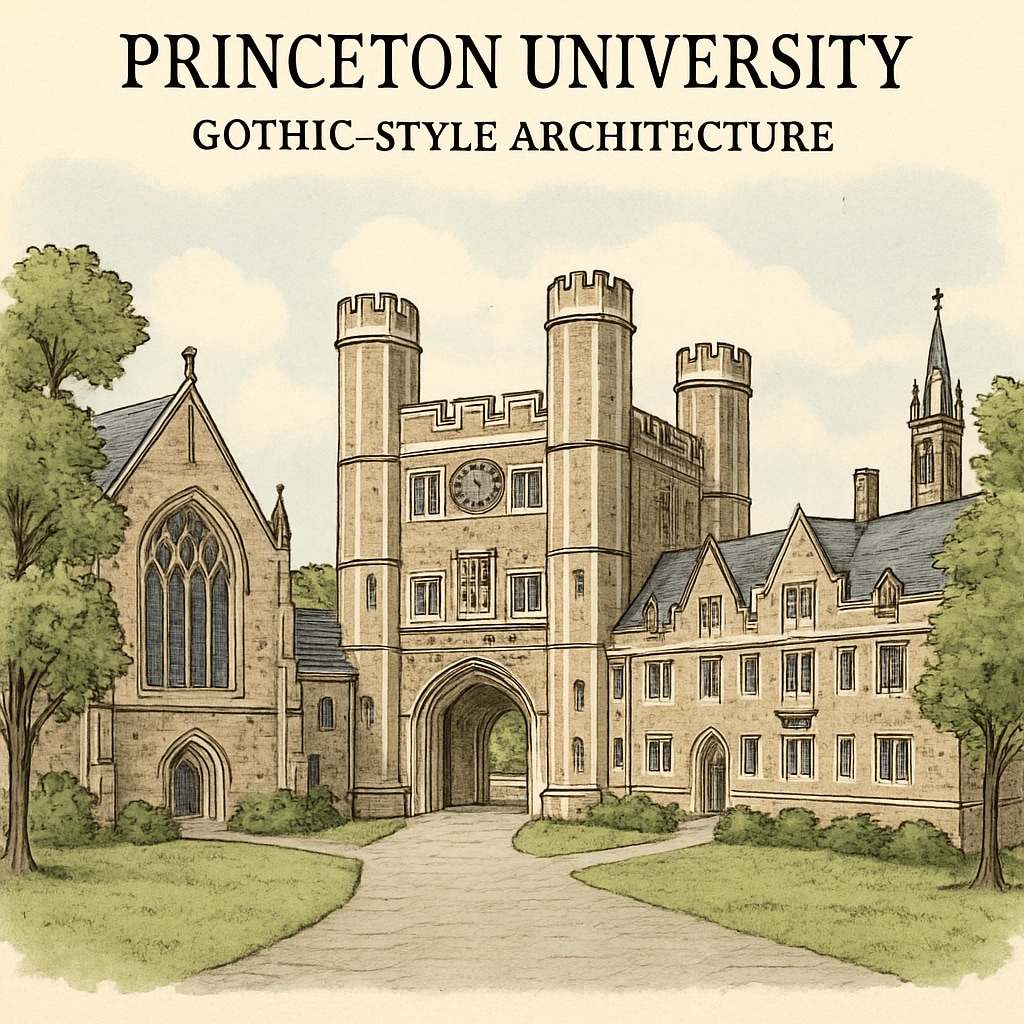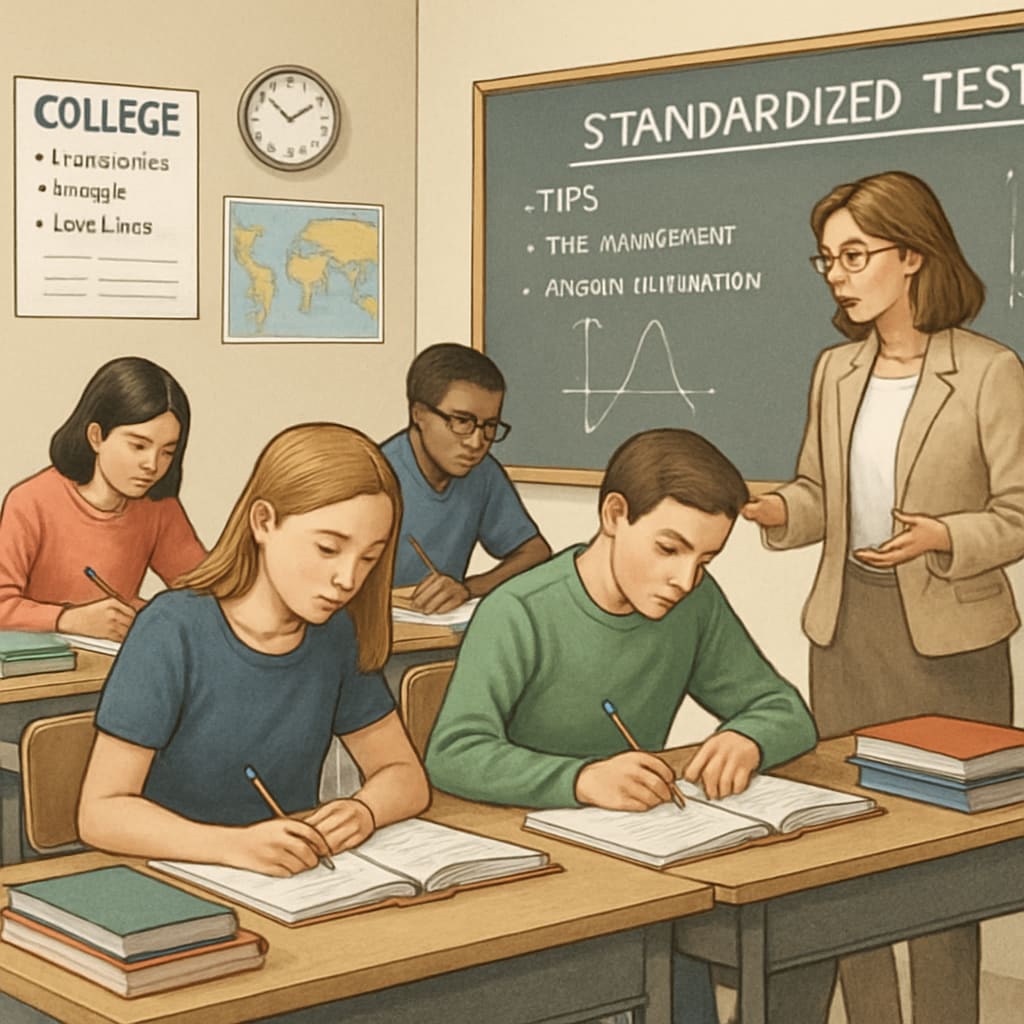The reputation of Princeton and other Ivy League schools has long been a subject of admiration and aspiration. These institutions are often seen as the pinnacle of academic achievement and societal success. However, are we overestimating their value and influence? This article delves into the disproportionate prestige these schools enjoy, questioning whether their reputation aligns with reality. Furthermore, it examines the broader consequences of this elite education obsession on the K-12 education system and society at large.
Are Ivy League Schools Overrated?
Princeton and its Ivy League peers—Harvard, Yale, Columbia, and others—are often perceived as untouchable bastions of excellence. Admission to these schools is seen as a golden ticket to success. However, critics argue that their reputation may be inflated. For instance, the resources and opportunities provided by these schools are undoubtedly exceptional, but does this justify the near-mythical status they hold?
Studies suggest that the outcomes for Ivy League graduates are not as unique as often portrayed. According to Britannica, the socioeconomic background of students plays a significant role in their success post-graduation. In other words, Ivy League schools often serve as amplifiers of privilege rather than as equalizers of opportunity. This raises the question: Are these schools truly the best, or are they simply benefiting from a self-perpetuating cycle of prestige?

The Impact of Elite Education Worship on K-12 Systems
The societal obsession with elite education has significant trickle-down effects on the K-12 education system. Students, parents, and schools often prioritize college admissions to Ivy League schools above all else, creating undue stress and competition. This focus can skew priorities in education, emphasizing test scores and extracurricular achievements over holistic learning and personal development.
Additionally, the resources funneled into achieving Ivy League admissions often widen the gap between privileged and underprivileged students. For example, access to private tutoring, specialized programs, and preparatory schools disproportionately benefits wealthier families. As a result, the K-12 system increasingly mirrors the inequalities perpetuated by elite universities.
Moreover, this obsession can lead to a narrow definition of success. Students who do not attend Ivy League schools may feel undervalued, despite the fact that many non-Ivy institutions offer excellent education and opportunities.

Rethinking the Value of Prestige
It is essential to critically evaluate what society gains from idolizing institutions like Princeton and other Ivy League schools. While their contributions to research, culture, and leadership are undeniable, we must question whether their outsized influence is healthy for society. Shouldn’t we instead focus on creating a more equitable education system that values diverse pathways to success?
For instance, many public universities and liberal arts colleges produce outstanding graduates who make significant contributions to society. By broadening our definition of success and reducing the singular focus on Ivy League schools, we can create a more inclusive and balanced educational landscape.
In addition, policymakers and educators should work to address the disparities in the K-12 system exacerbated by the obsession with elite education. Programs that promote equal access to resources, mentorship, and opportunities can help level the playing field.
Conclusion: A Balanced Perspective
Princeton and the Ivy League undeniably represent excellence in higher education. However, their reputation may not fully account for the privilege and systemic advantages that underpin their success. By questioning the overestimation of these institutions, we can begin to shift our focus toward a more equitable and holistic approach to education.
Ultimately, society must recognize that success is not confined to a select group of elite schools. By celebrating diverse educational pathways, we can foster a culture that values all learners and their unique contributions to the world.
Readability guidance: This article uses short paragraphs, active voice, and accessible language to ensure readability. Key points are summarized under clear headings, with transitions and examples for clarity. The inclusion of external links offers further context and credibility.


